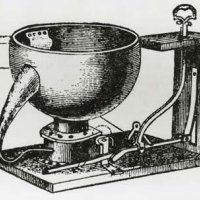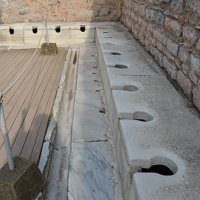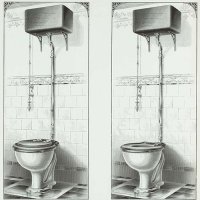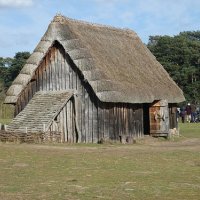Lord Harrington, 27th Harrington Earle, is an English, Anglo-American Artist, Architect and Architectural Designer, landowner and businessman.
The Lord Harrington is of an ancient family, an Anglo-Saxon of Mercia and Wessex heritage paternally, as well maternally ÖstPreußen ( East Preussia ) a descendant of Heinrich der Vogler.
He is active in a number of companies and acts as Chairman of Green Infrastructure and Wildlife Conservation.
Lord Harrington is acting chief counsel with The Rare Brown Beaver Trust, and he works with international sustainability and environmental recycling, as well as investment.
Lord Harrington is the advisor to de l’Orangerie Private Foundation; is Curator of the private Night Gallerie, and sits on the 1st Advisory Council of Elders in The Marksman Brotherhood of the Wolfe.
Lord Harrington is an Historian, Ordained Minister and Prayer Councillor, and supports a range of charities, of note the Scottish Rite for Children Hospital. He is known specifically for his commitment to animals, children and the environment.
Lord Harrington is a Shareholder and council director offering Strategic Consultancy of Preußen Bleu Trust a private International Recycling Company.





